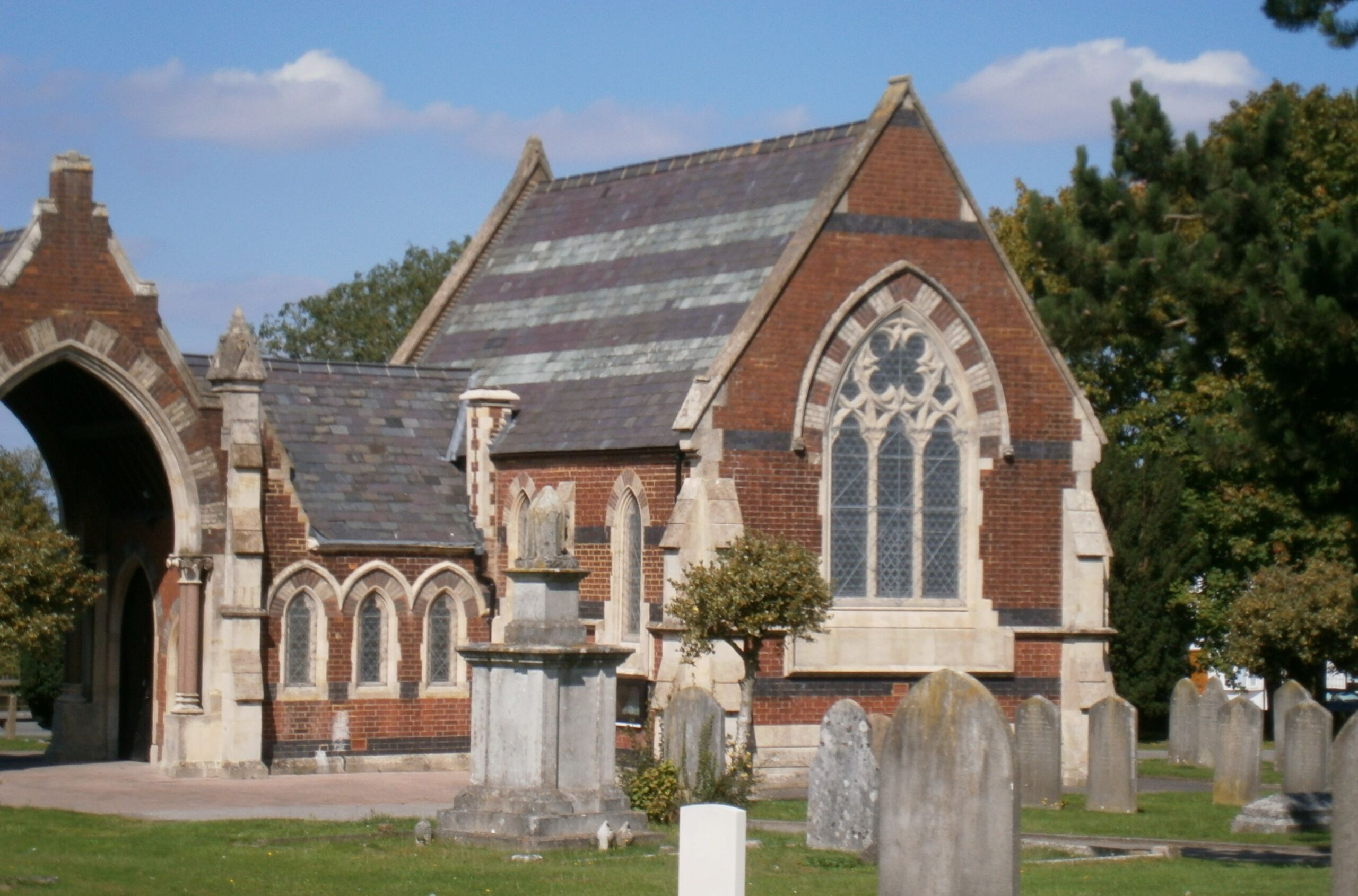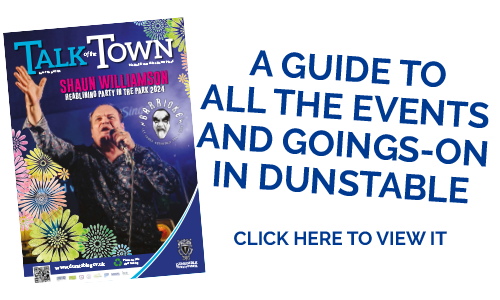The Cemetery grounds are open to the public daily throughout the year including weekends and bank holidays. The vehicle gates are open from 8am and closed each day at dusk. However, pedestrians can access the site at all times.
The Cemetery office is open from 8am to 4pm, Monday to Friday. Funerals take place by prior arrangement with the Cemetery team who are located at the Cemetery office. The Cemetery team can be contacted on 01582 891428/891426 or email cemetery@dunstable.gov.uk
The council has a range of fees and charges for the various services it offers and these are updated each year from the 1 April.
The Council has recently established a Friends of Dunstable Cemetery group who work as volunteers to help manage and improve the Cemetery.
War Graves
The cemetery is home to forty-eight war graves from the first and Second World War conflicts. If you would like to obtain more detail about those buried in Commonwealth War Graves in Dunstable Cemetery, please click here to access the Commonwealth War Graves Commission website.
Notable Memorials
Dunstable Cemetery is home to a number of notable memorials of local dignitaries, business leaders and others responsible for influencing the growth and development of the town. Five information lecterns have been erected adjacent to some of these graves to provide information about their lives and their contribution to Dunstable.
How to Find Us
By Road
The cemetery is a short walk from Dunstable town centre, approximately 10 minutes.
For Sat Nav users, our postcode is LU6 1PD. There are car parking facilities on site.
By Train
The nearest train stations are situated in Luton and Leighton Buzzard.
By Bus
Bus stops are located directly outside the cemetery on West Street.
ICCM Charter for the bereaved
Dunstable Town Council is a member of the Charter for the Bereaved and has achieved silver status, first gained in 2015.
Members of the public can be assured that organisations that have adopted the Charter are committed to providing excellent service designed to meet their needs.
In short, The Charter:
- seeks to generate interest in and educate people about bereavement. It also helps to influence the expansion of services and clarify the various roles and responsibilities of those involved.
- is a commitment to improving the service by confronting rather than disguising or ignoring death.
- is intended to define the rights of every individual who experiences bereavement. In achieving this aim, it also sets standards of service related to burial, cremation and funerals. It is a written statement of what can be expected and enables people to judge the quality of the service received.
- seeks to increase the range of choice and options available to the bereaved.
- seeks to enable the bereaved to arrange a meaningful funeral service with a content that meets with their own specific needs and requirements.

Cemetery Chapel
The chapel at Dunstable Cemetery was built in 1860’s and underwent a full refurbishment in 2009 and was re-dedicated by the then Mayor of Dunstable, Cllr Patricia Russell on the 22 September 2009.
The chapel is available for both religious (all faiths) and non-religious funeral and remembrance services. It offers seating for 47 people and has a sound system and induction hearing loop. An organ is also available for use by visiting organists.
The Chapel can be booked either through your Funeral Director or direct with the Cemetery team and the cost of hire can be found here under our fees and charges.
The Chapel is also open daily for those persons wishing to sit in quiet contemplation and remember loved ones. The Chapel also houses memorial plaques in memory of those Waterlow employees who gave their lives in both World War conflicts.
Natural Environment
Dunstable Cemetery benefits from a wide mix of trees, such as Holly, Yew, Lime, Horse Chestnut, Ash, Cherry, Hawthorn, Birch, Alder, Pine, Western Red Cedar, Hornbeam, Whitebeam, Lawson’s and False Cypress. The trees make an important contribution to the character of the cemetery as well as providing important wildlife habitats. One of the more notable tree species are the large mature Pine Trees. It is believed that these were planted as way-markers by herdsmen driving cattle and other animals to and from the London cattle markets. They are known locally as the Drovers Pines and a road situated close to the cemetery, is today, known as Drovers Way.
The cemetery is also home to a wide variety of bird life including, common garden birds such as Wood Pigeon, Blackbird, Tits, Greenfinch, Robin, Starlings and seasonal visitors such as Swifts and Swallows. Nesting Ravens are also present and Red Kites are often seen circling above the area.
Other animals are also present in the Cemetery including, Badgers, Foxes, Bats and Squirrels.
An information Lectern providing more detail about the wildlife has been erected in the Cemetery and a copy of the detail can be found here.
